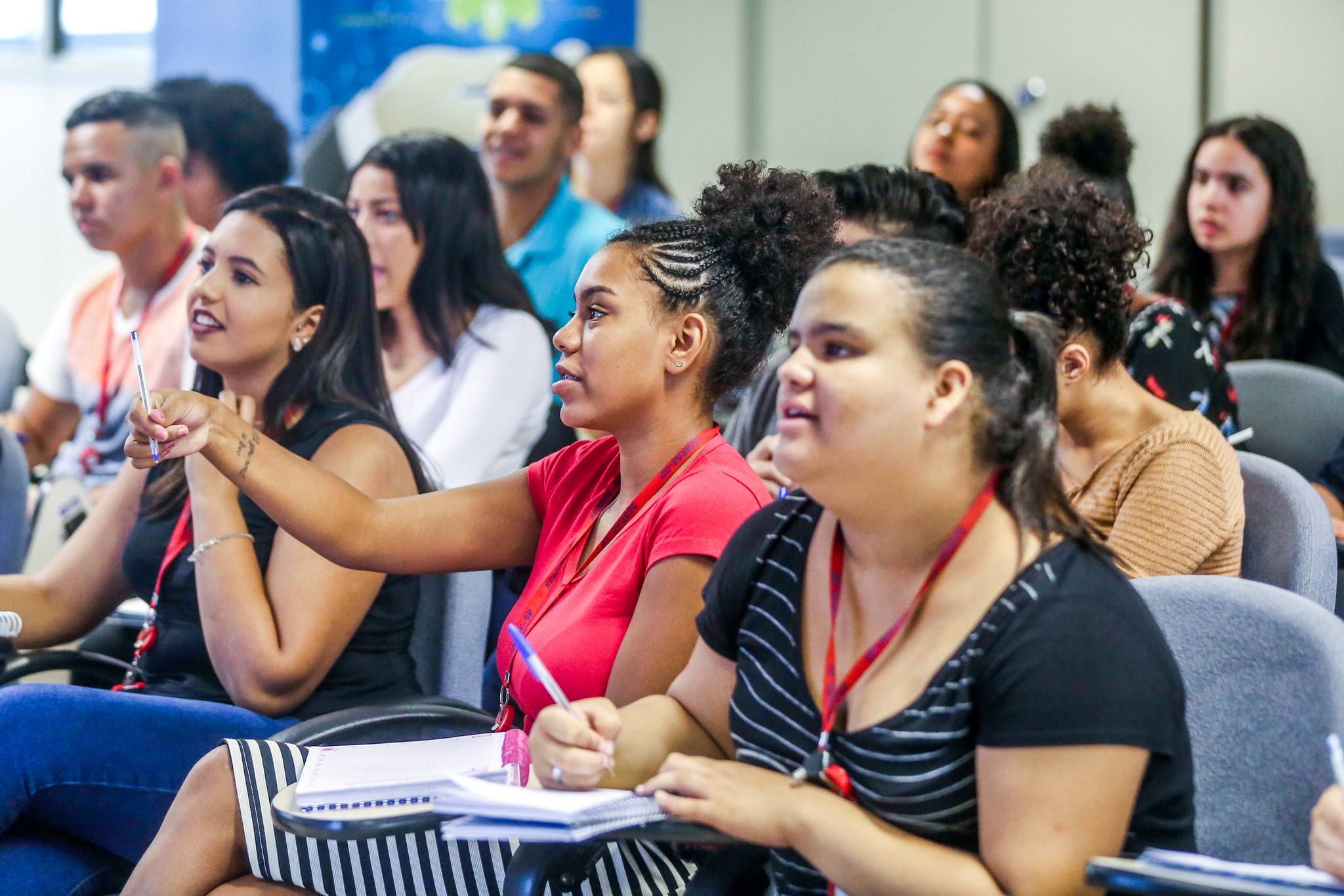G20 Radio Bulletin 64 - Unemployment and inequalities are challenges for G20 countries in 2024
In projections for 2024, the report from the International Labour Organization forecasts a forthcoming escalation in the global unemployment rate, concomitant with a rise in inequality. The G20 Employment Working Group has advanced proposals aimed at tackling this challenging scenario. Stay tuned to learn more!
Reporter: In 2024, over 2 million workers will be actively seeking jobs, as projected by the International Labor Organization's (ILO) World Employment and Social Outlook report. The study emphasizes that although unemployment rates have decreased since the Covid-19 pandemic, wages have declined in the majority of G20 countries.
Maíra Lacerda e Silva, the coordinator of the G20 Employment Working Group and responsible for international technical cooperation at the Ministry of Labor and Employment of Brasil (MTE), assesses that the depicted scenario in the report mirrors both the global crisis and structural imbalances within the labor market
Maíra Lacerda e Silva: Gender equality has historically been absent in the labor market. Moreover, the most vulnerable populations often endure the greatest impact of climate and economic crises. The report identifies these fundamental issues, emphasizing that they cannot be swiftly resolved and advising governments to intensify their efforts in addressing these challenges.
Reporter: In 2023, the count of workers engaged in the informal economy surpassed 2 million. Currently, more than 241 million workers live in households with a per capita income of less than $2.15 per day.
In response to these challenges, the G20 Employment Working Group, a component of the G20 Sherpa Track, endeavors to formulate initiatives aimed at generating high-quality employment opportunities. The objective is to foster social inclusion as a means to eliminate poverty. Coordinator Maíra Lacerda e Silva elaborates that the group's agenda is in harmony with the findings detailed in the International Labour Organization's report.
Maíra Lacerda e Silva: The objective at hand is to contemplate policies that go beyond merely aiming for an uptick in the employment rate. Instead, policies should actively promote the creation of quality jobs, which are crucial for fostering inclusion and alleviating poverty.
Reporter: The Working Group is coordinated by the Ministry of Labor and Employment during Brasil's presidency of the G20.
